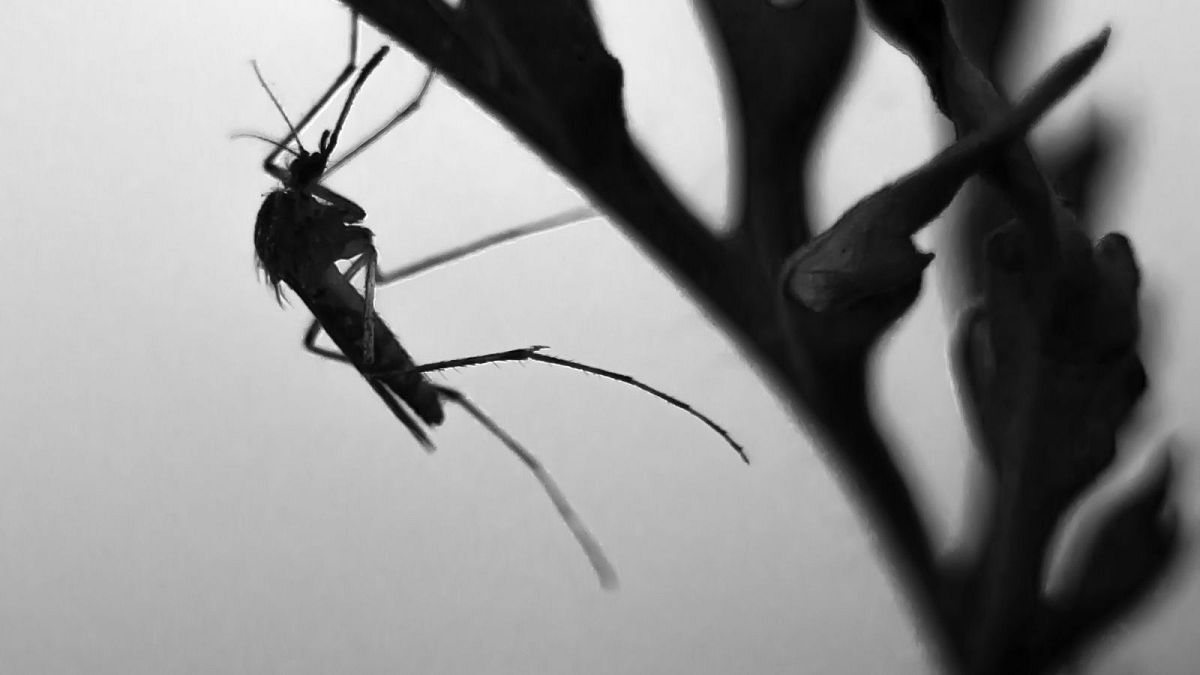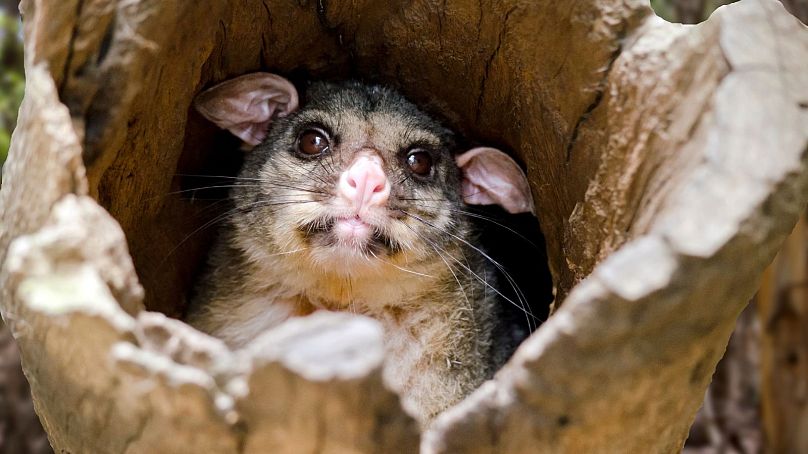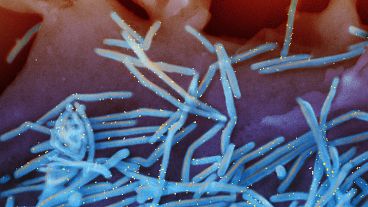Researchers in Australia have found a link between native possums and humans that could explain the spread of Buluri ulcer: mosquitoes.
Mosquitoes may have become carriers of a flesh-eating bacteria which causes a devastating skin disease in people, according to a recent study.
The insects would normally not be a carrier of Mycobacterium ulcerans (or M. ulcerans) bacteria, which harbours by furry animals in areas across Australia and Africa, but scientists found that mosquitoes have become a method of transit for the bacteria.
Molecular microbiologist Timothy Stinear of the University of Melbourne presented a report on June 18 at the ASM Microbe 2023 meeting in the American city of Houston, Texas showing the results of analyses done on mosquitoes in southeastern Australia.
The study, which was looking for a missing link between possums and humans in the transmission of the flesh-eating bacteria, found that a small number of mosquitoes had recently fed on both possums and people.
A month before the presentation in Texas, Stinear, and colleagues had published another preliminary study -which is yet to be peer-reviewed - that found that the bacteria was identical in mosquitoes, possums, and people.
That means that the bacteria could easily be transmitted between the three species.
What do M. ulcerans bacteria do?
M. ulcerans is the bacteria behind Buruli ulcer, a chronic, debilitating disease that affects the skin - and sometimes the bones - and causes painful ulcers, permanent disfigurement, and long-term disability.
According to the World Health Organization (WHO), the disease is present in at least 33 countries with tropical, subtropical, and temperate climates across Africa, South America, and Western Pacific regions.
The WHO says that the mode of transmission of the disease is not yet known, but the possums in Australia are suspected to transmit it, with mosquitoes also possibly playing a role when interacting with the infected animals.
There’s no available prevention for Buruli ulcer, according to the WHO. The disease can be cured completely with antibiotics.
Should we be worried?
If you don’t live in Australia and if you’re not planning to visit soon, you shouldn’t be too concerned about contracting the flesh-eating disease. Last year, some 2,100 Buruli ulcer cases from 11 countries were reported to WHO, with only about 200-300 being reported in Australia.
Of 13 mosquitoes in Stinear’s study who had fed on people, only 2 had fed on both humans and possums.
But even if you’re not bound for the Down Under, there are still plenty of reasons to be wary of all mosquitoes generally, regardless of what disease they may be carrying.
More recently, mosquitoes have been linked to the sudden reappearance of malaria cases in Florida in the US, where four people were reported to have been infected. Last year, at least 10 people died in Italy because of West Nile fever, another mosquito-borne disease.




